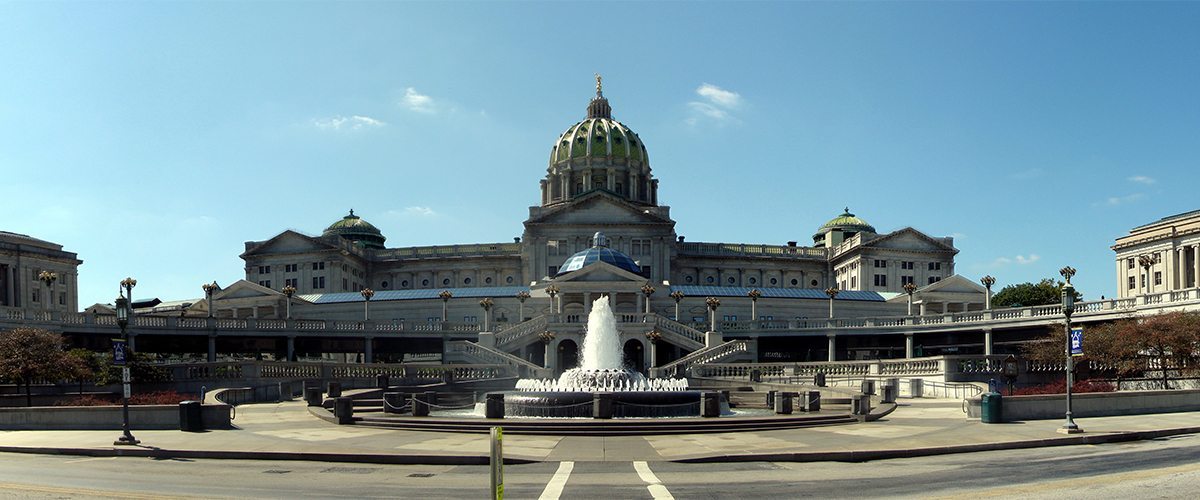[vc_row][vc_column][vc_column_text]
The Auditor General of Pennsylvania recently voiced support for the legalization and taxation of adult use marijuana, claiming it would help the state address its revenue problem.
The Auditor General of Pennsylvania is making a case for legalizing recreational marijuana, claiming the tax revenue generated from sales could help address the state’s mounting budget deficits.
Pennsylvania is currently burdened with a budget shortfall projected at almost $3 billion over this year and the next. Gov. Tom Wolf has proposed managing the shortfall with spending reductions and new taxes.
At a Capitol news conference last week, Auditor General Eugene DePasquale said that he estimates that Pennsylvania would likely see $200 million in new revenue if it were to regulate and tax adult use cannabis. DePasquale specifically pointed out the adult use program in Colorado, the first state to implement a recreational marijuana market, which pulled in more than $200 million in marijuana tax revenue in 2016 and generated over 18,000 jobs in 2015. Pennsylvania’s population is more than double that of Colorado’s.
“I wasn’t necessarily convinced Pennsylvania should be the first [to regulate and tax marijuana], but now that we have actual results and data from other states, the evidence is clear that this can be both good socially and fiscally,” said DePasquale.
Eight states and the District of Columbia so far have legalized recreational use, including four whose voters approved measures last November. According to DePasquale’s office, in 2016, taxing marijuana generated $220 million in Washington, $129 million in Colorado and $65.4 million in Oregon.
“The regulation and taxation of marijuana train has rumbled out of the station,” said De Pasquale. “The question is whether Pennsylvania is going to miss its stop as the train moves across the country.”
According to an infographic tweeted by the Auditor General, by decriminalizing marijuana, Pennsylvania would save an estimated $2,200 in costs per marijuana arrest and court case and an overall $4.1 million per year.
In response to DePasquale’s presentation, Gov. Wolf’s spokesman J.J. Abbott said in a statement that the governor appreciates the recognition of Pennsylvania’s budget deficit, but that he’s not ready to embrace legalization.
“Governor Wolf has long supported the decriminalization of small amounts of marijuana to reduce the strain of our prison system and stop incarcerating so many people for nonviolent crimes like possession,” Abbott said. “However, the governor wants further study of the impact and implementation of full legalization on other states like Colorado before proceeding with that approach in Pennsylvania.”
Pennsylvania became one of the 28 states to allow marijuana use for medicinal purposes after lawmakers passed comprehensive medical marijuana legislation last year. The Department of Health is now accepting applications from potential growers and distributors and expects to receive about 900 before the deadline on March 20. The program is not expected to be fully operational until 2018.
Currently in Pennsylvania, possession of up to 30 grams of marijuana is a misdemeanor, but the city of Philadelphia has replaced criminal penalties for possession of up to 1 ounce with a fine of $25. Learn more about the current cannabis laws in Pennsylvania through our education page.[/vc_column_text][/vc_column][/vc_row]






